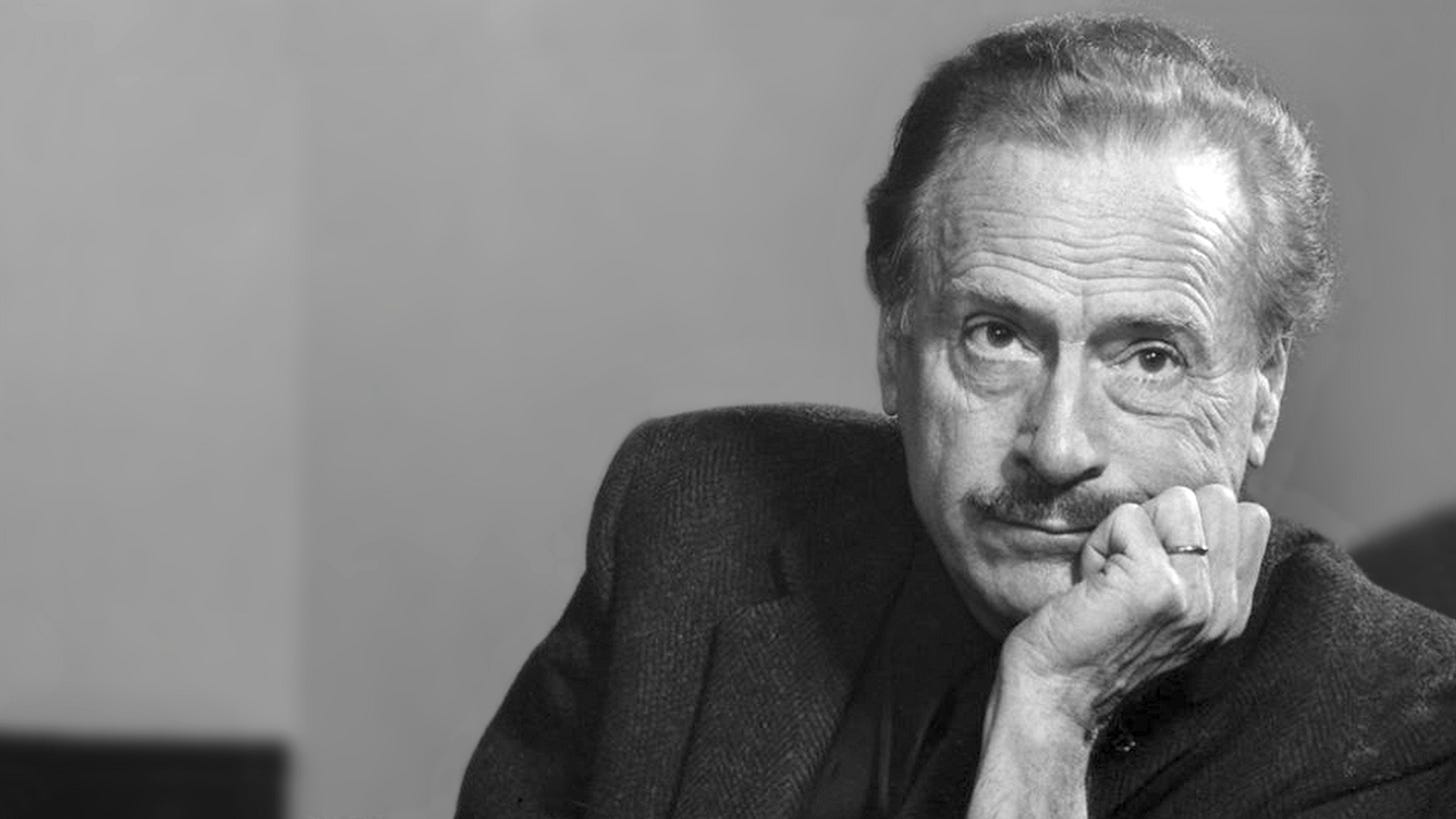McLuhan’s Forgotten Warning: Your Brain Has Been Outsourced to the Machine
Marshall McLuhan’s prescient vision of media’s power to reshape human consciousness and societal structures has never been more relevant. This article delves into his ‘lost prophecy,’ exploring how our increasing reliance on digital technology isn’t just changing how we communicate, but fundamentally outsourcing our cognitive faculties, challenging individual autonomy, and reshaping our collective identity. Discover the profound implications and the urgent need for critical media literacy in reclaiming our minds.
The Echo of a Lost Prophecy: An Urgent Reckoning
In an age saturated with data, where every thought can be instantly externalized and every decision influenced by algorithms, we stand at a precipice Marshall McLuhan foresaw with unsettling clarity. The pioneering media theorist, whose insights often felt like enigmatic prophecies, delivered a warning that has, for too long, remained ‘lost’ in the noise of technological advancement. His core assertion, that ‘the medium is the message,’ suggested something far more profound than a simple observation about communication; it was an existential pronouncement about the very architecture of human consciousness in a technology-driven world.
Today, as we navigate a digital landscape where our brains are increasingly reliant on external tools for memory, processing, and even identity formation, McLuhan’s words echo with a terrifying urgency. We have outsourced not just tasks, but facets of our very cognition to the machine, trading genuine engagement for mediated convenience. This isn’t merely an academic debate; it is an invisible war for our minds, for the autonomy of our thought, and for the essence of what it means to be human in an increasingly fragmented, algorithmically-shaped reality. Your brain has been outsourced to the machine, and the implications are nothing short of catastrophic for individual freedom and collective consciousness.
I’ve observed, like many of you, the subtle yet profound shift in how we think, remember, and interact with the world. The constant hum of connectivity, the immediate gratification of information retrieval, and the curated realities of our digital feeds have collectively begun to remap our neural pathways. This article is an invitation to confront this reality, to understand McLuhan’s ‘lost prophecy’ not as a historical footnote, but as a crucial lens through which to comprehend the moral decay and cognitive surrender unfolding in our present moment.
The Medium is the Message: A Foundational Truth Revisited
At the heart of McLuhan’s groundbreaking work lies his famous aphorism: ‘the medium is the message.’ This wasn’t a playful paradox, but a foundational truth about how human experience is shaped. McLuhan argued that the intrinsic nature of a communication channel, its very structure and sensory biases, exerts a far greater influence on society and individual psychology than the actual content it conveys. For example, the content of a newspaper might be a political story, but the medium of print itself shapes how we process information—linearly, analytically, with a focus on logical argument and individual interpretation.
Consider the electric light bulb. McLuhan famously used it as an example of a medium without explicit content. Yet, its introduction profoundly transformed human activity, extending the day, enabling night work, and reshaping social environments and cultural practices. It didn’t transmit a specific message, but it radically altered the conditions under which all messages were received and sent, thereby changing human interaction and societal structures.
The medium, or process, of our time—electric technology—is reshaping and restructuring patterns of social interdependence and every aspect of our personal life.
– Marshall McLuhan, “The Medium is the Message”
In the transition from oral cultures to written, and then to the electronic age, McLuhan saw a constant re-wiring of human faculties. Oral cultures, he posited, fostered a holistic, communal consciousness. Print culture, with its emphasis on linearity and individualism, gave rise to rational thought and the nation-state. Now, the electronic age, with its instantaneous global reach and multisensory bombardment, creates a ‘global village’ that simultaneously connects and fragments us, blurring the lines between private and public, local and global.
This understanding forces us to look beyond the surface, beyond the news headlines or the viral videos, to the underlying mechanisms of the digital platforms themselves. It compels us to ask: What sensory biases do social media platforms cultivate? How does the endless scroll or the algorithmic feed alter our attention spans, our capacity for deep thought, and our very sense of self? The true message, McLuhan insists, is in these pervasive, often invisible, structural effects.
The Global Village and Its Digital Divides
McLuhan’s vision of a ‘global village’ in the electronic age was both prophetic and, in our current reality, deeply paradoxical. He predicted a world where instantaneous electronic communication would collapse traditional boundaries, fostering interconnectedness and a collective consciousness. And indeed, the internet and social media have achieved unprecedented global connection, allowing people across continents to share ideas, experiences, and movements.




